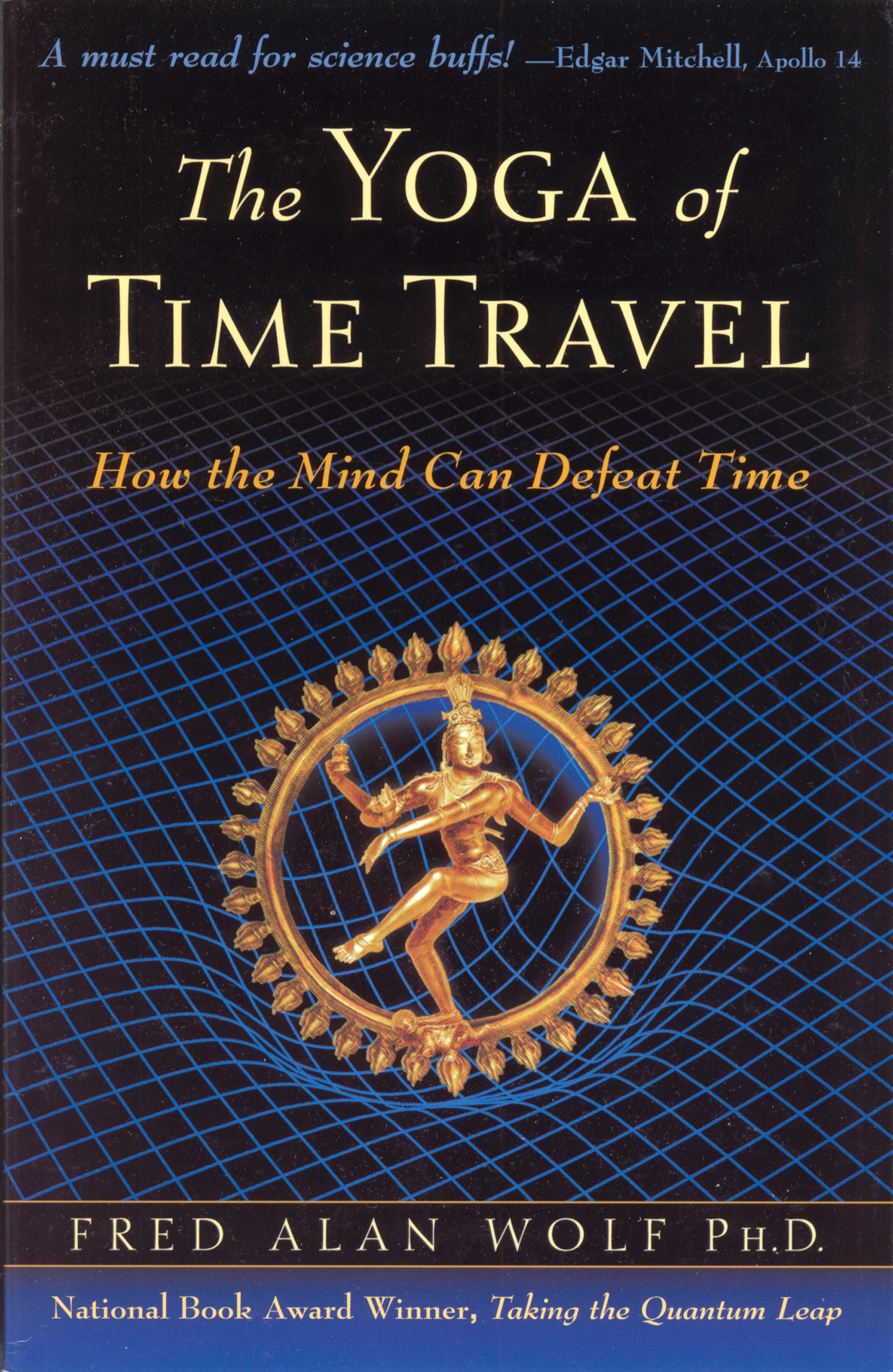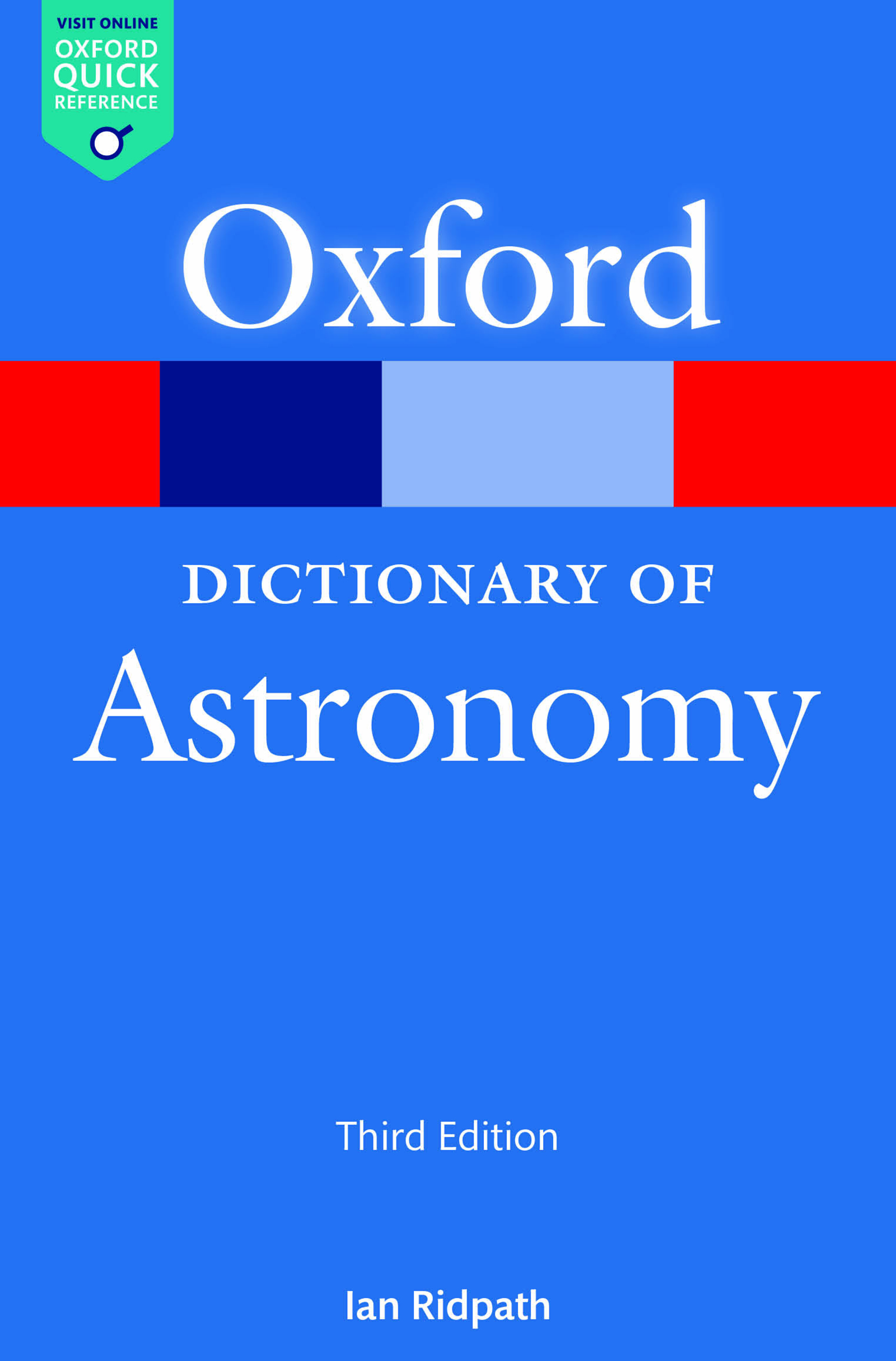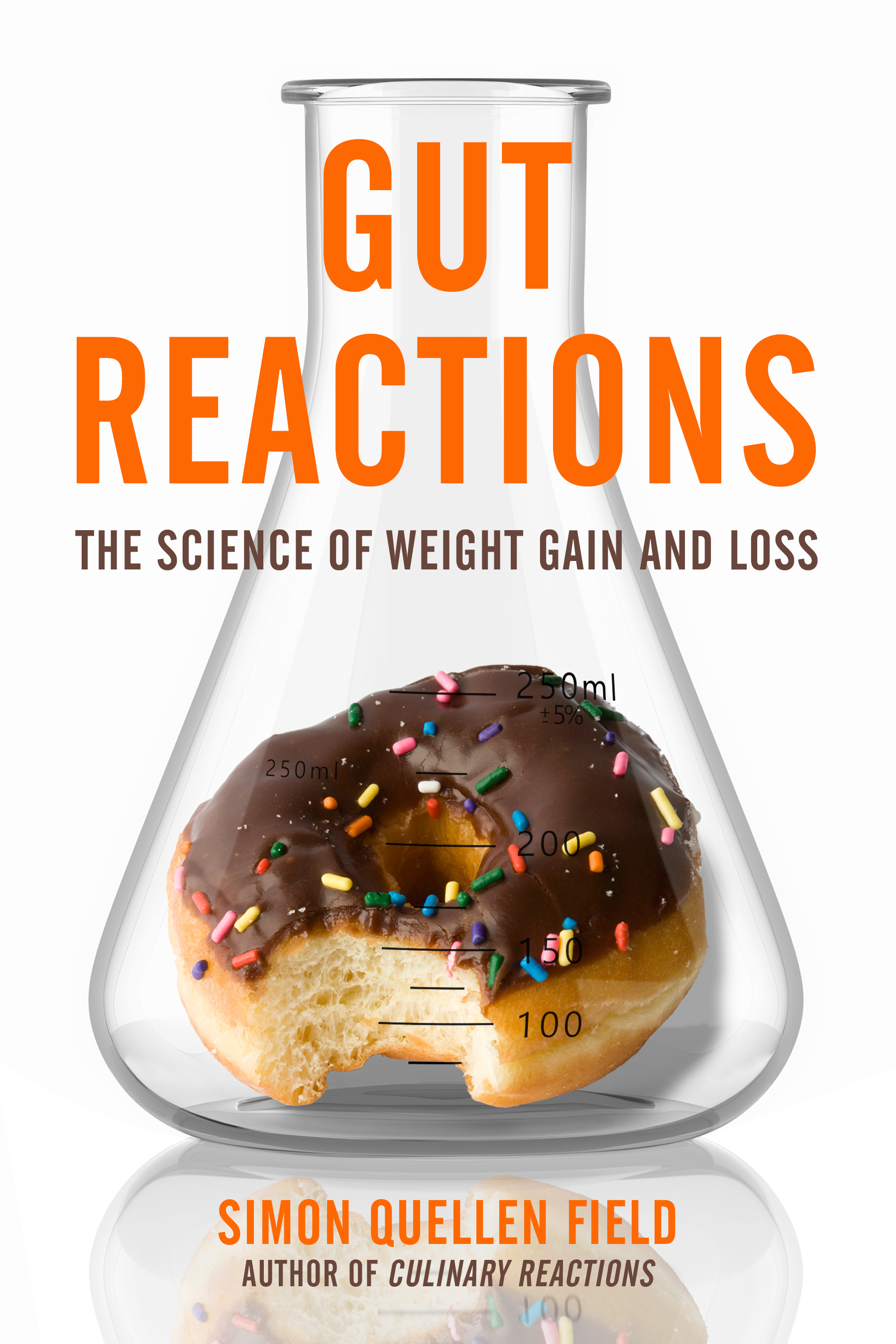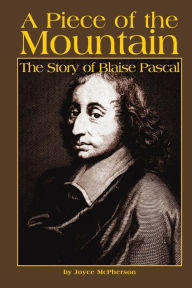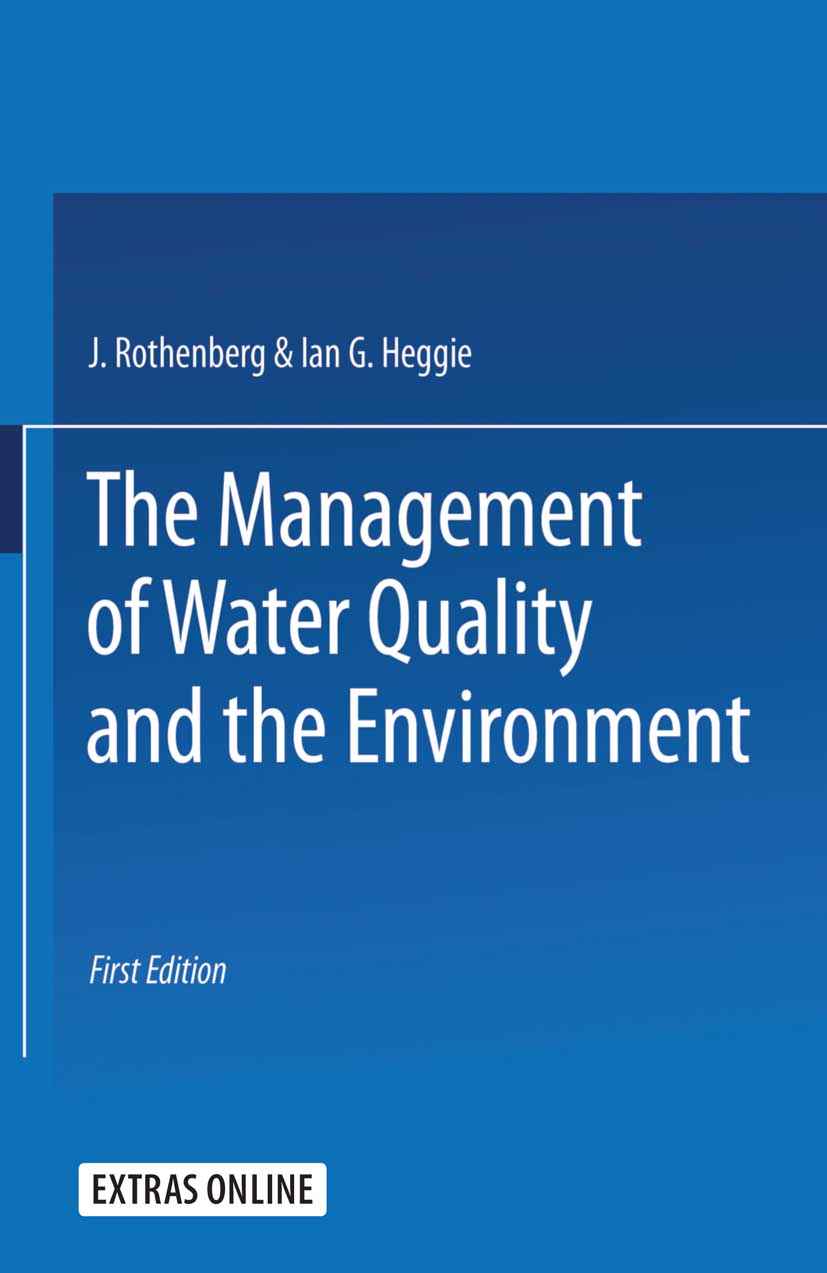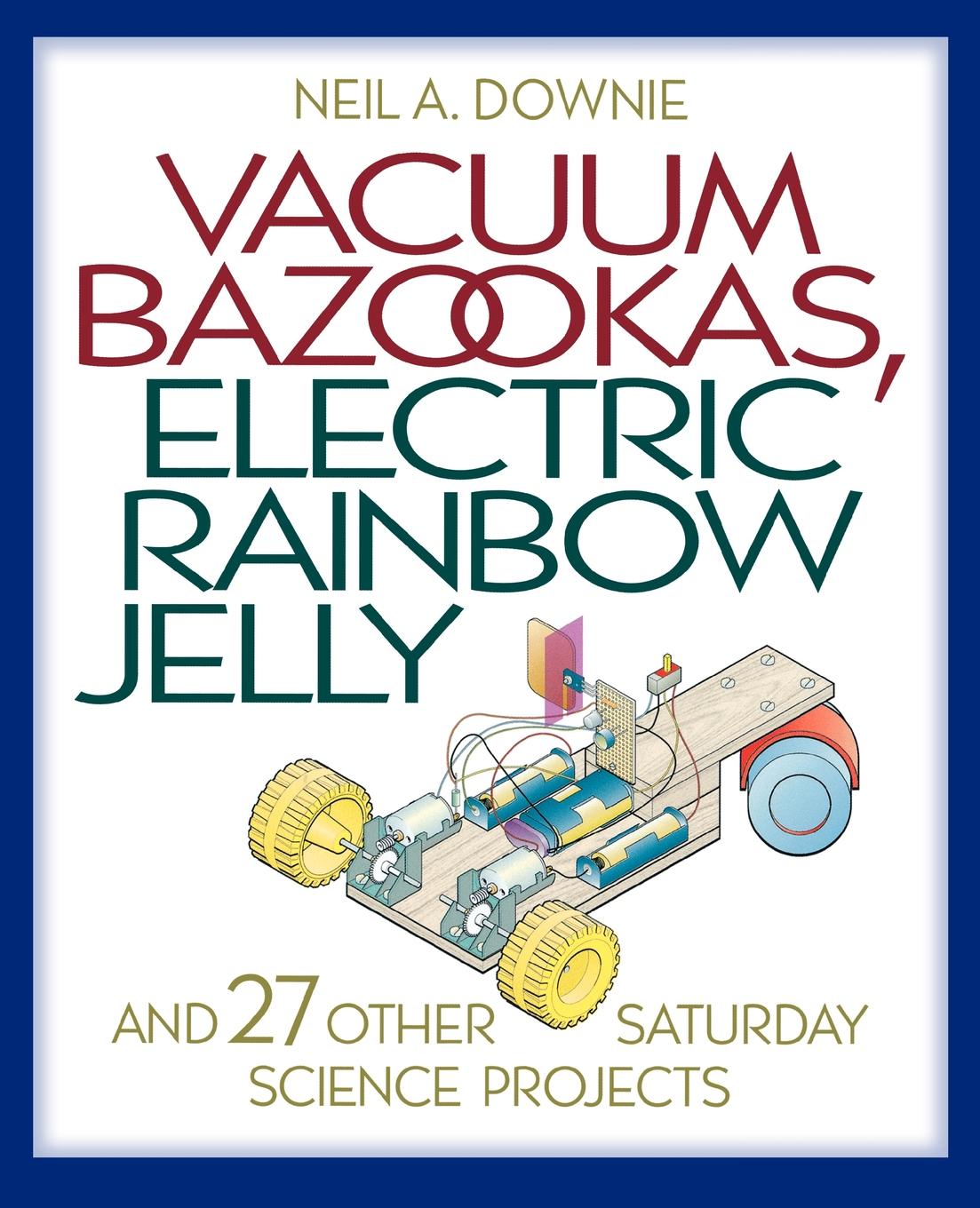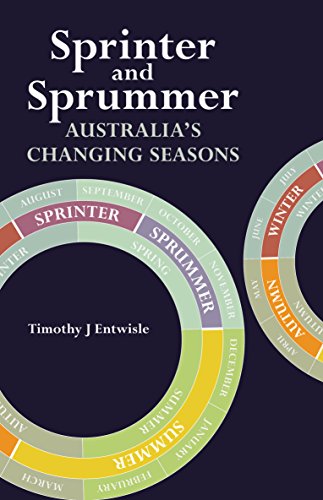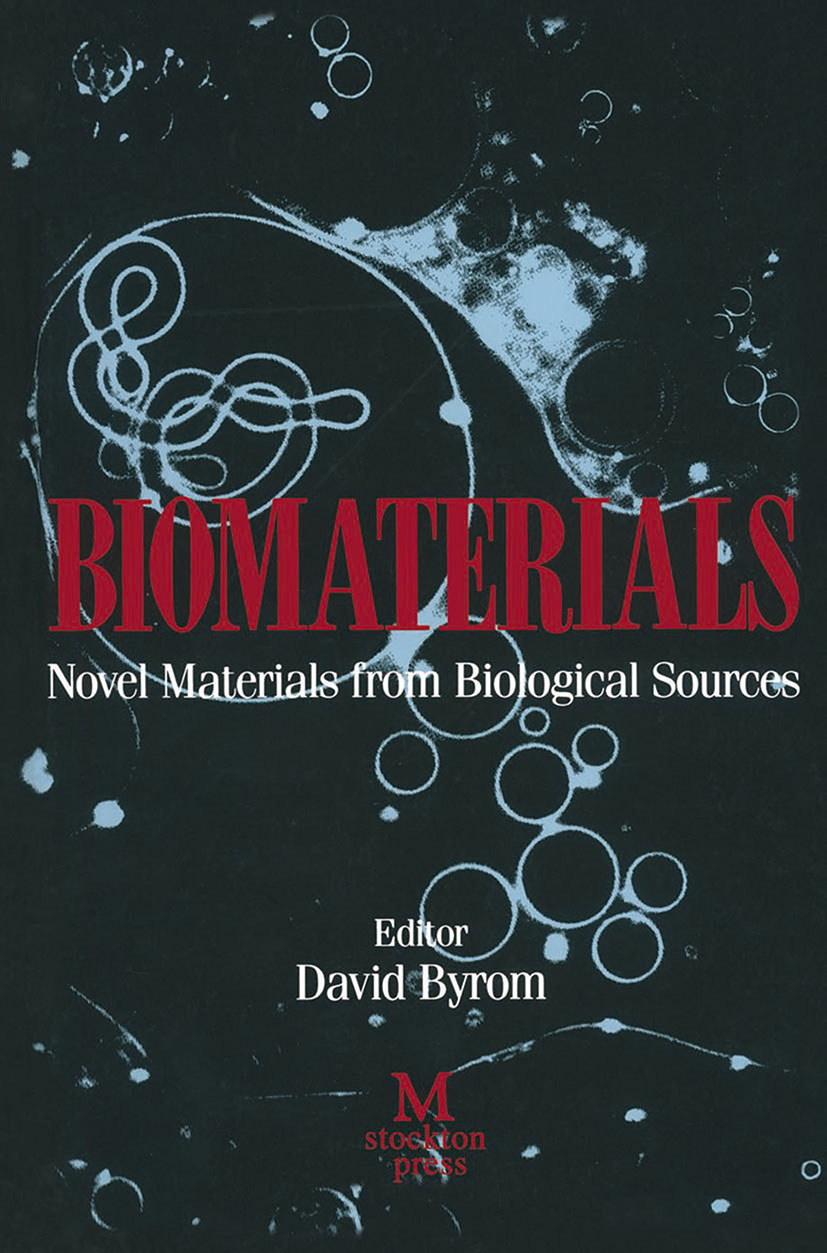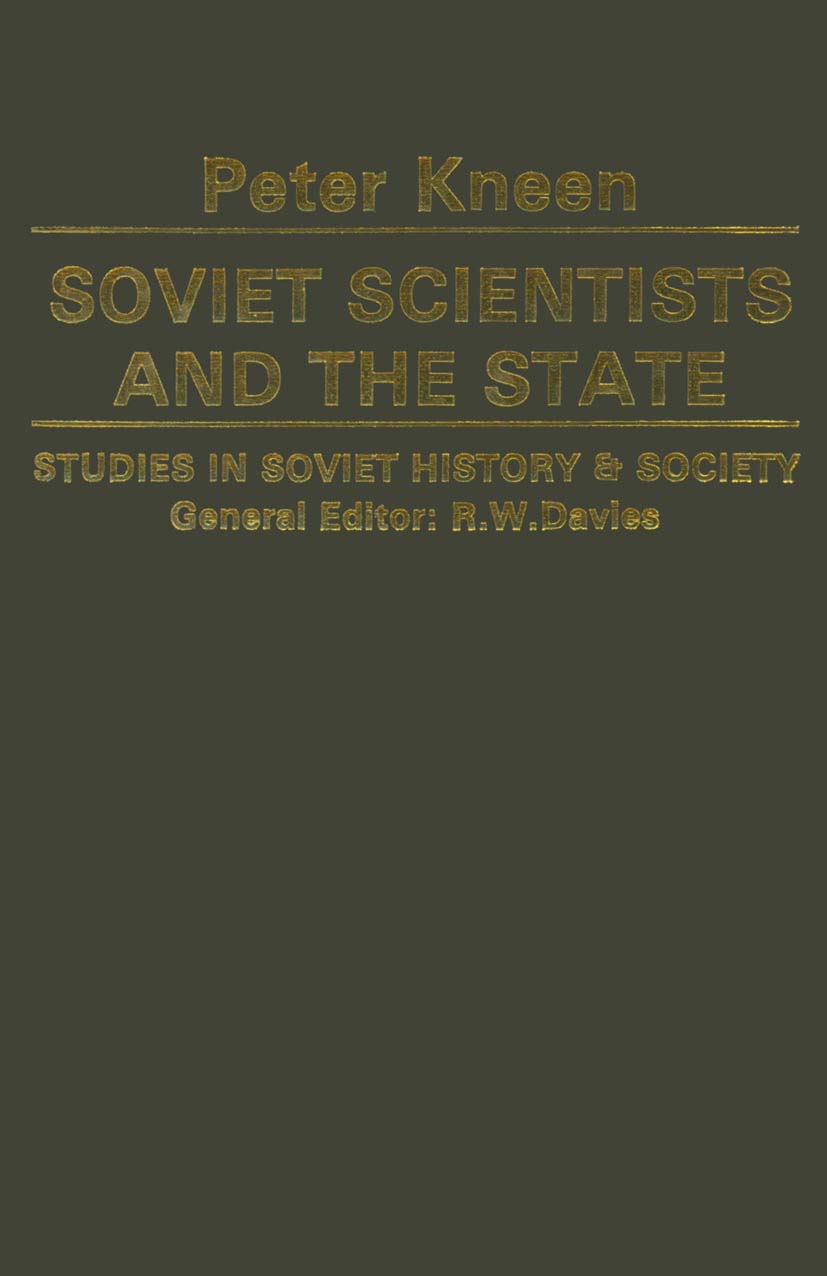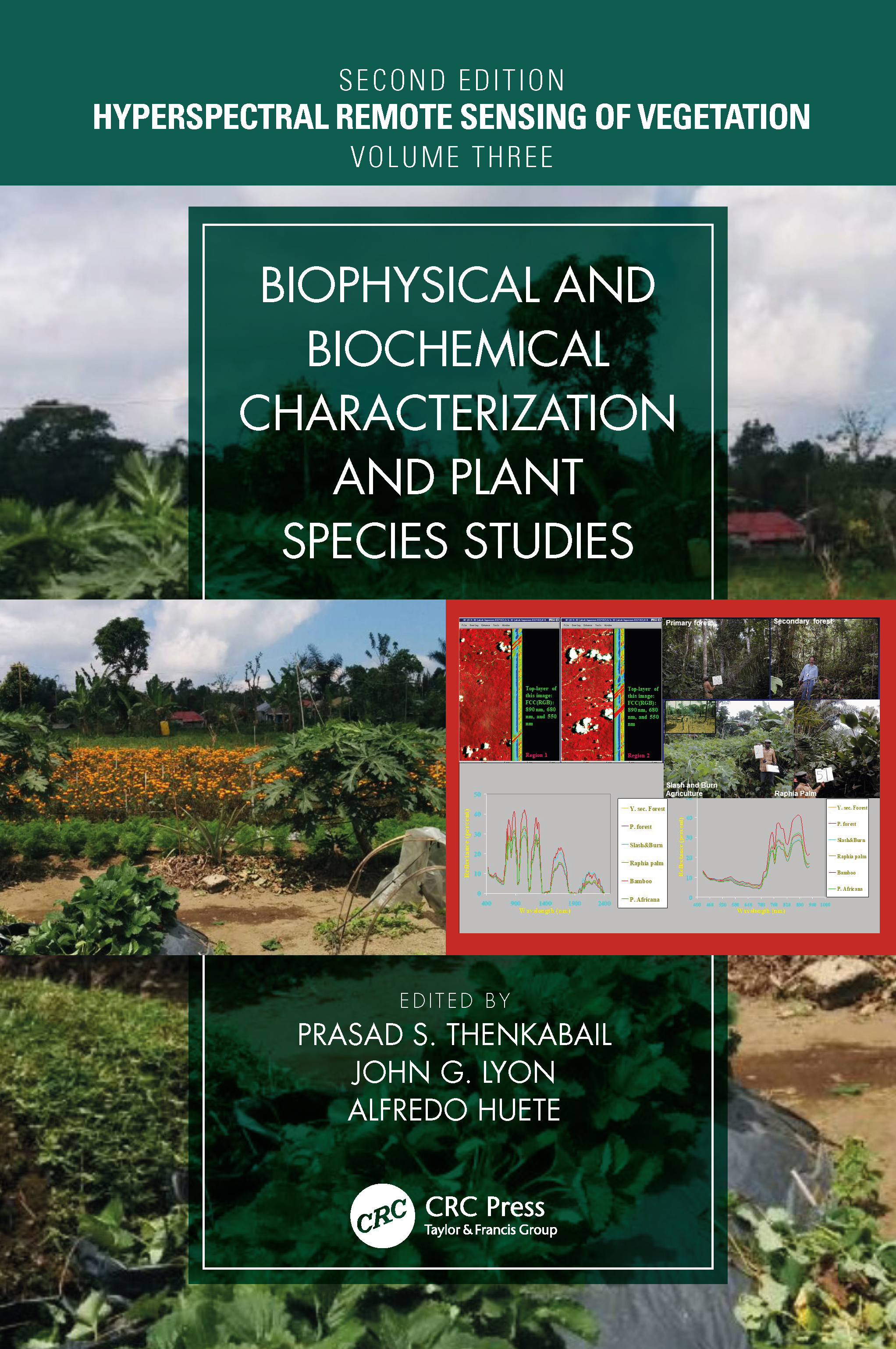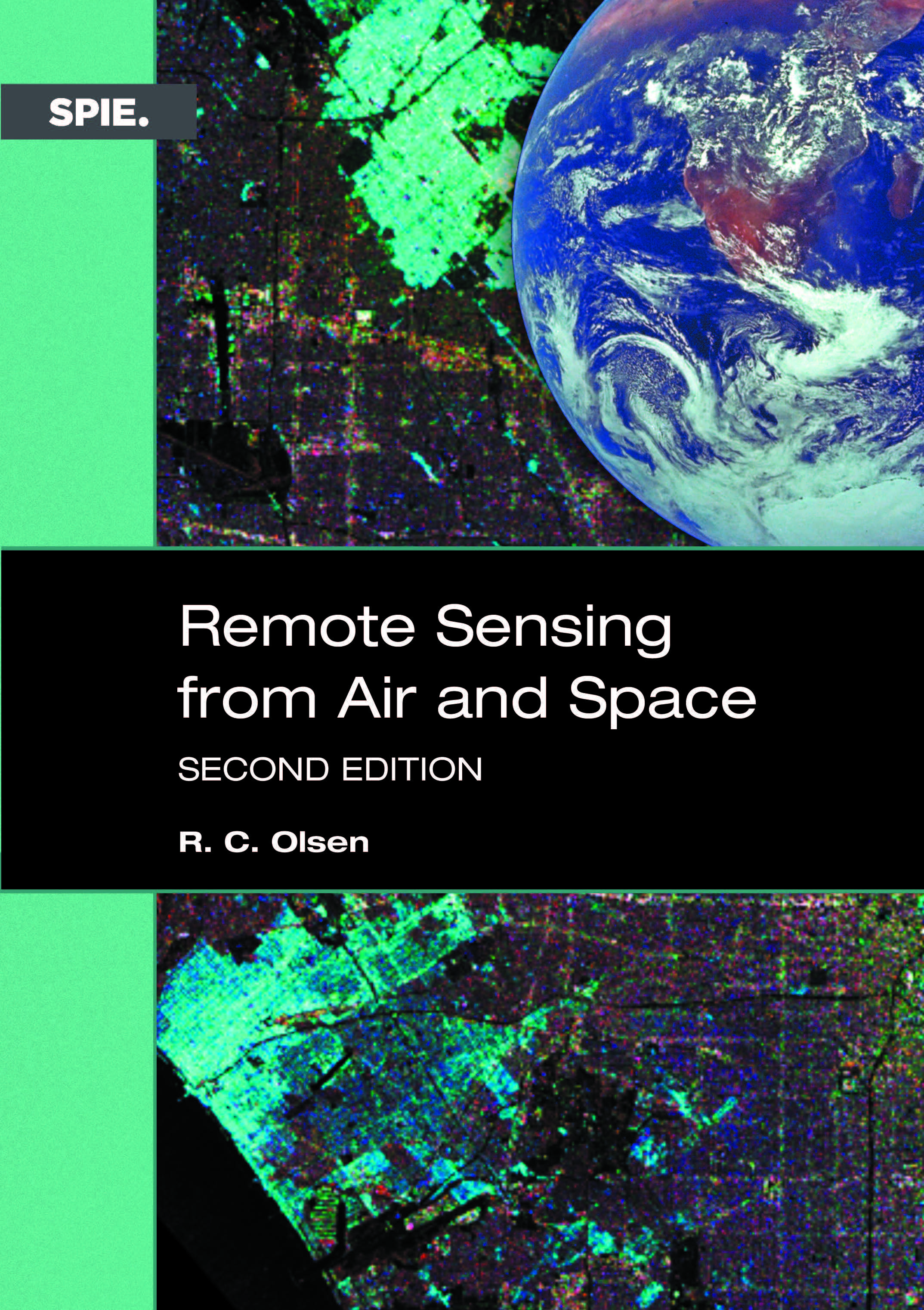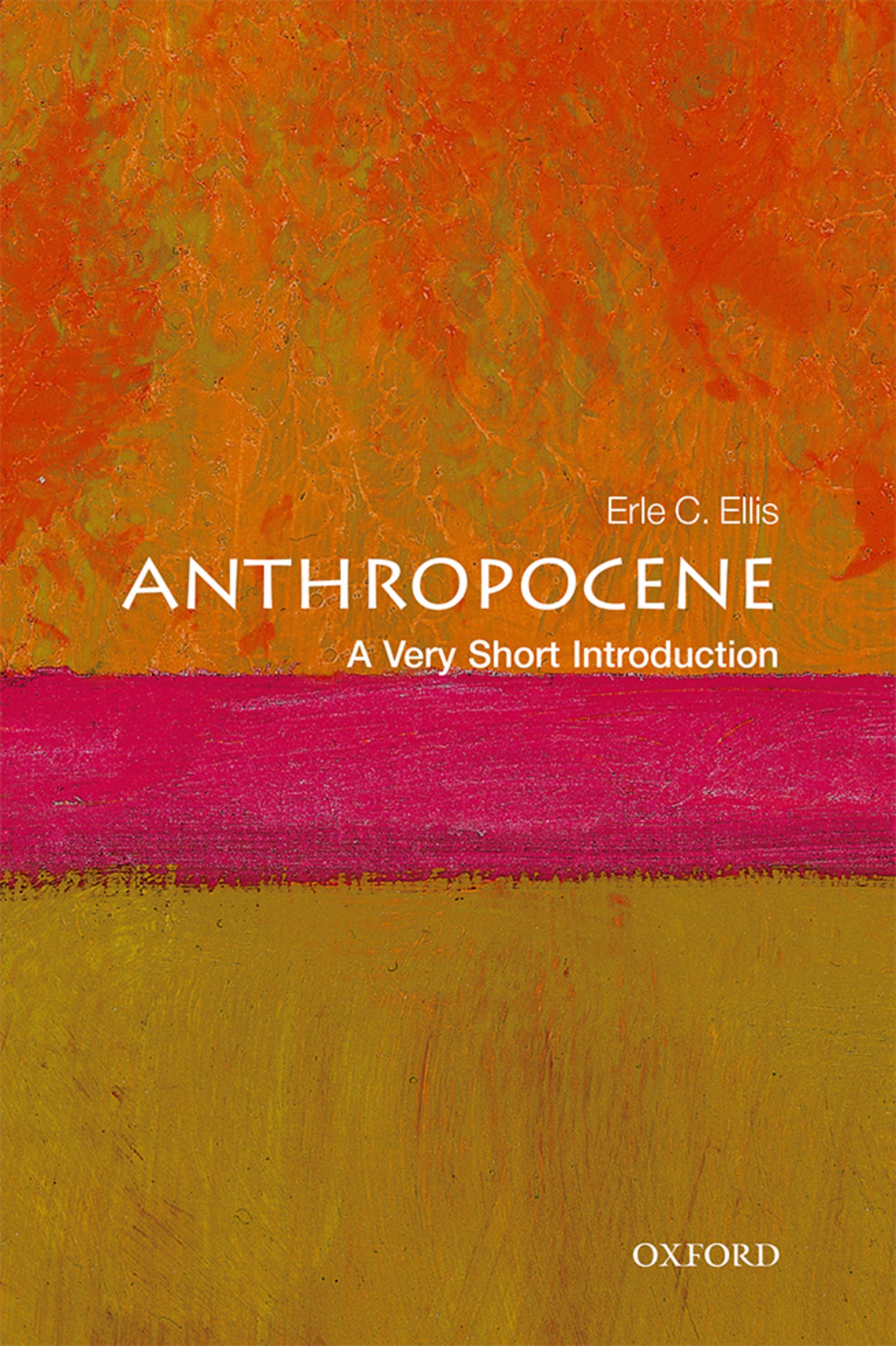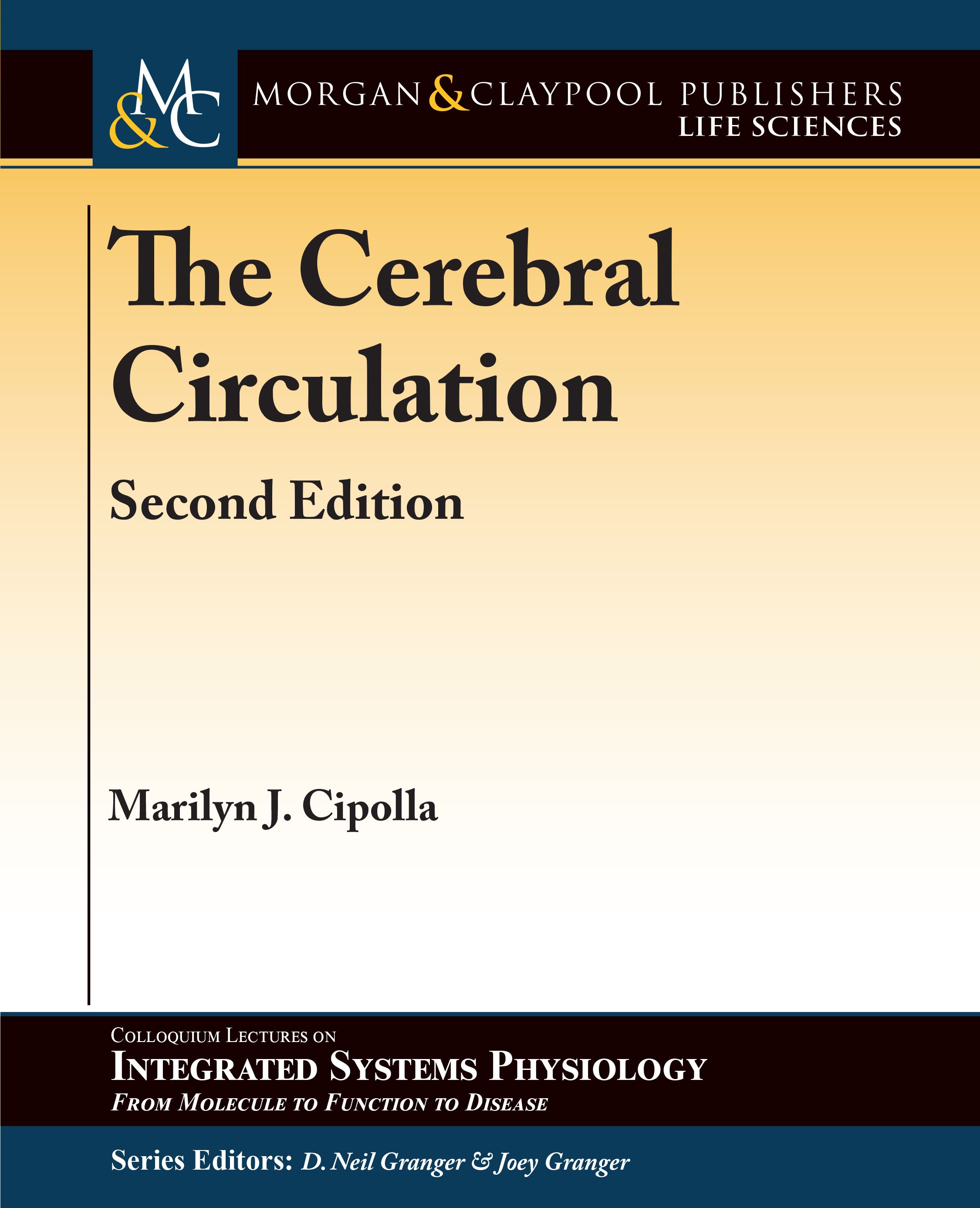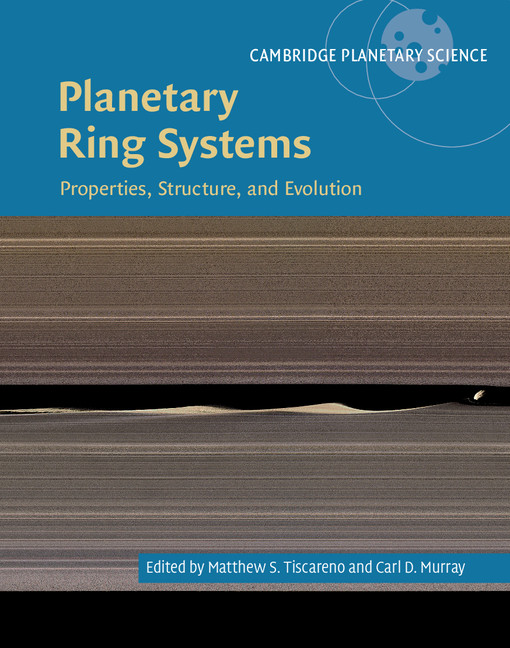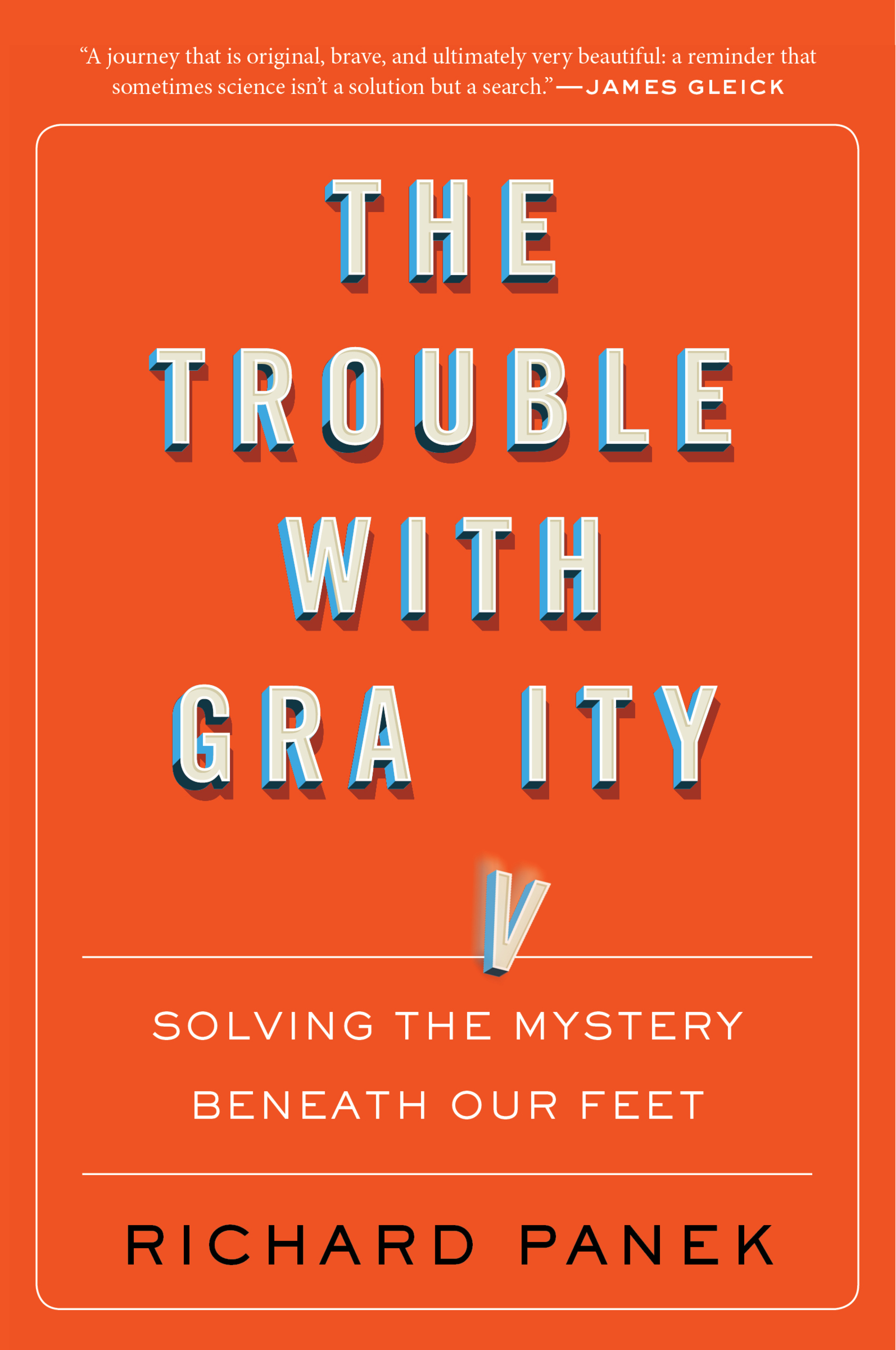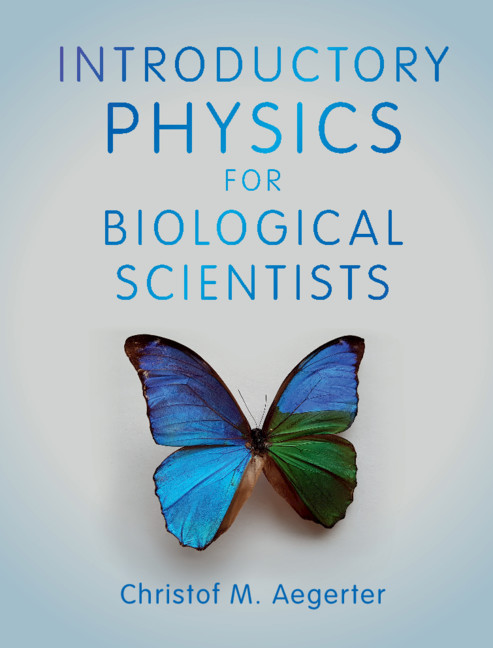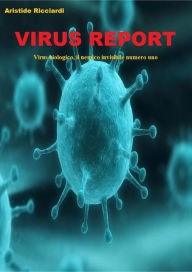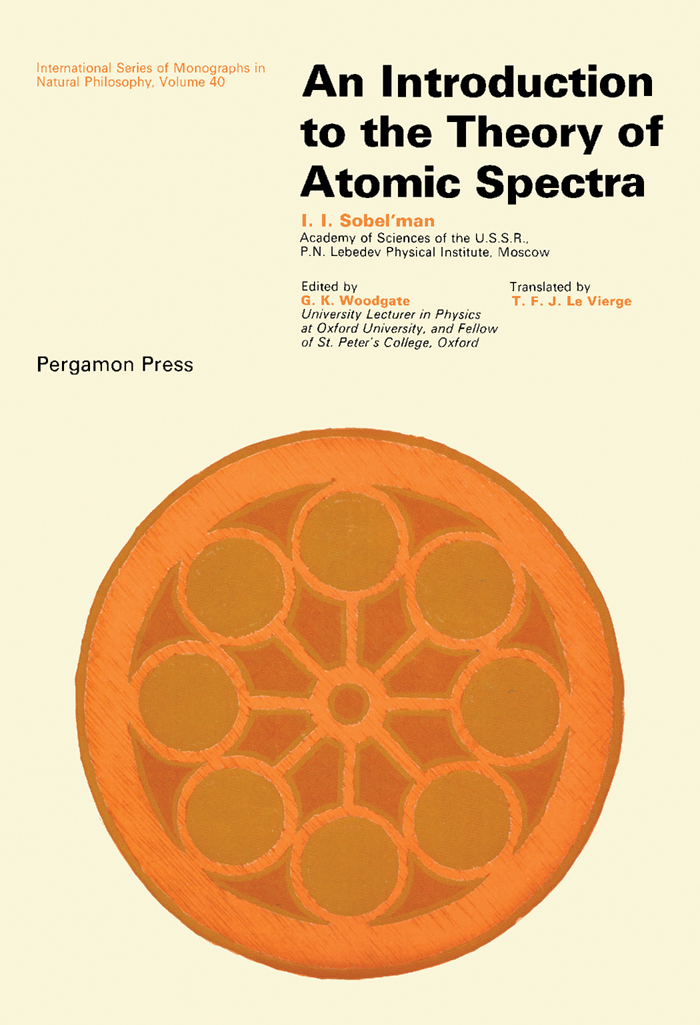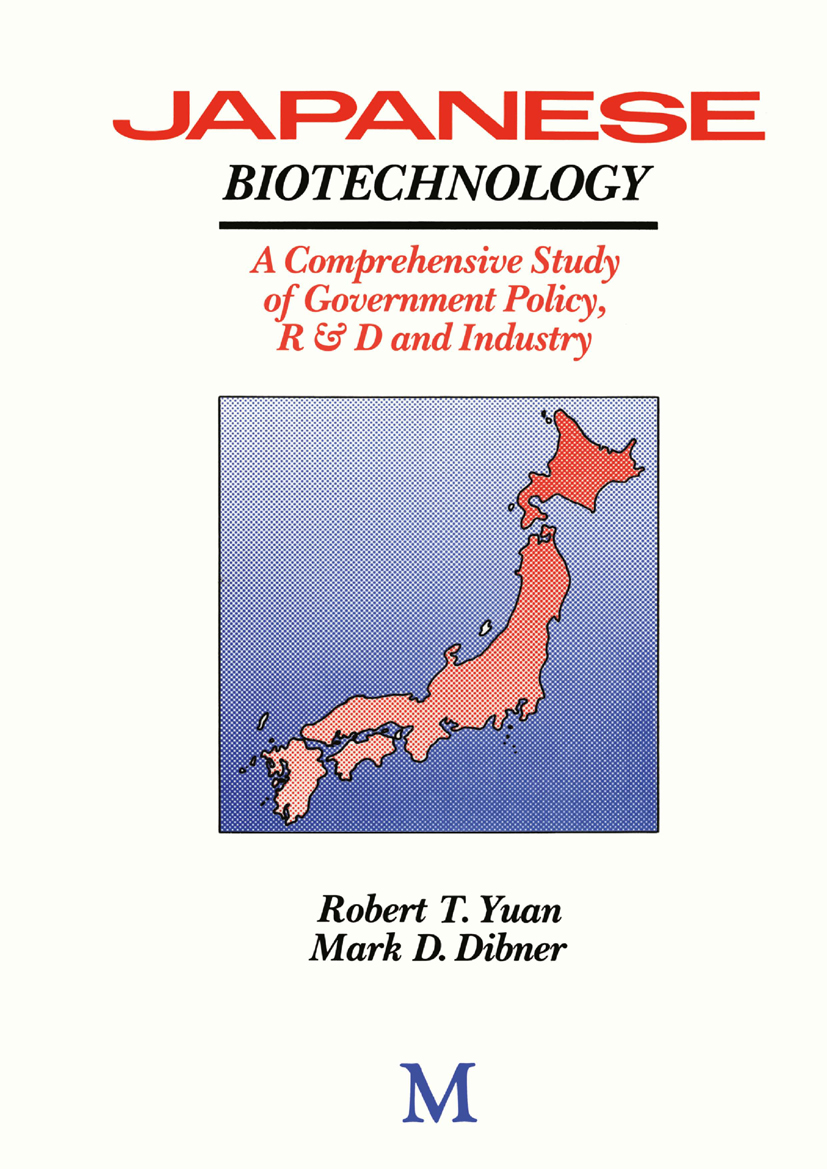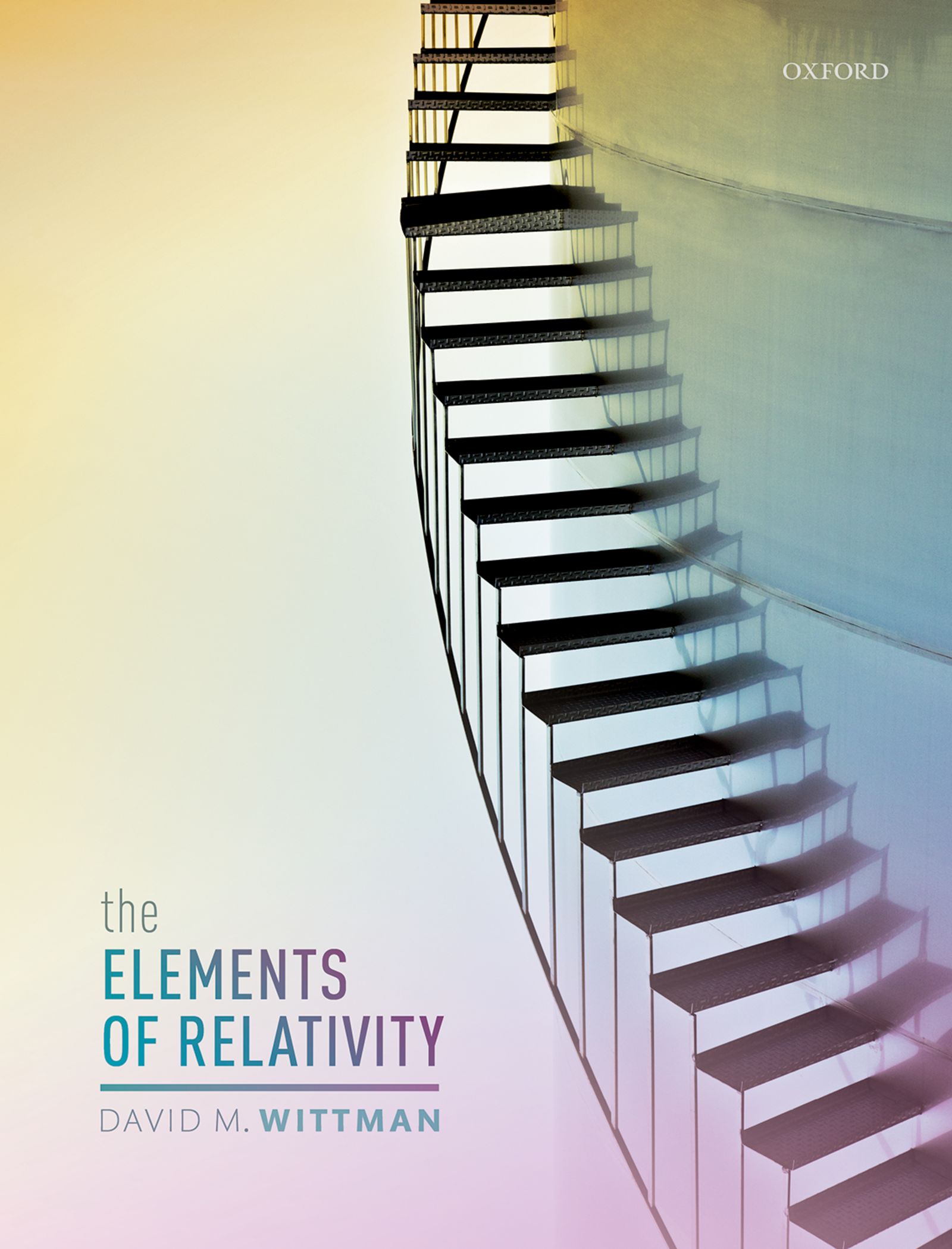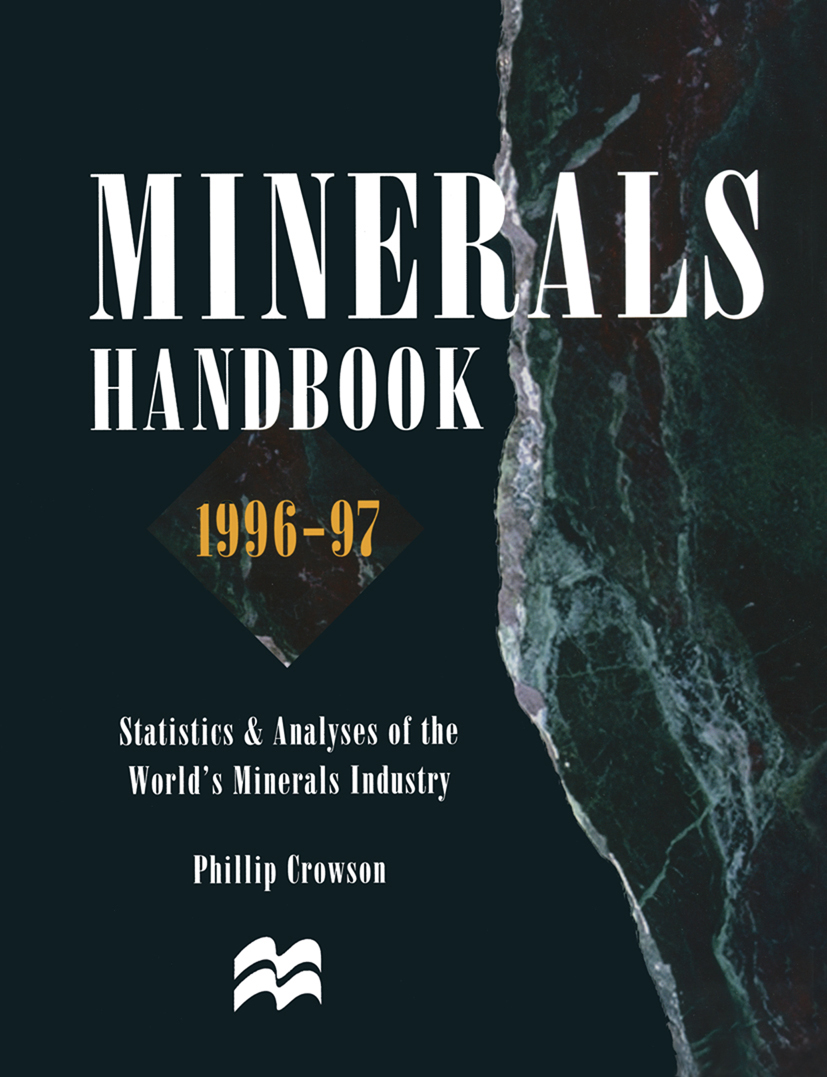The Story of Chemistry
by Anne Rooney
2020-07-19 10:51:32
'The importance of the end in view prompted me to undertake all this work, which seemed to me destined to bring about a revolution in physics and chemistry.' Antoine Lavoisier, 1773 Great advances in human history have often rested on and prompted pr...
Read more
'The importance of the end in view prompted me to undertake all this work, which seemed to me destined to bring about a revolution in physics and chemistry.' Antoine Lavoisier, 1773 Great advances in human history have often rested on and prompted progress in chemistry. The exploitation of fire, the development of pigments, and the discovery that metals could be smelted and worked laid the foundations of civilization. The search for better tools and weapons drove metallurgy, and the need for medicines and perfumes lay behind the first laboratories. Our world and our bodies are immensely complex chemical systems; everything in life and matter comes down to chemistry in the end. The Story of Chemistry traces the emergence of this knowledge as humans have struggled to model and understand the world around and within them. The origins of chemistry lie in practical applications developed in prehistory: smelting metal, cooking, and making pigments and medicines. The Ancient Greeks were the first to seek rational models to explain the behaviour and interaction of matter. Chemistry remains an innately practical science, but now has solid theoretical foundations that extend its usefulness beyond anything our ancestors could have imagined. Our story takes us through centuries of alchemical endeavour, following gifted men who were led down the wrong path by a flawed paradigm, through the beginnings of modern chemistry in the Scientific Revolution, right up to the 21st century. En route we will see how chemistry became divorced from alchemy, with the scientific method applied first by Francis Bacon; how the theoretical groundwork of chemistry was laid by Robert Boyle's The Sceptical Chymist; how great practical and theoretical chemists such as Antoine-Laurent Lavoisier, Joseph Priestley, and John Dalton uncovered the nature of gases; and how the discovery of atomic structure has ultimately explained the properties and behaviour of all matter. Chemistry has brought huge benefits to humankind. Its practical application has given fuel to warm us, synthetic materials to enhance our lives, and medicines to cure life-threatening illnesses. Its theoretical framework enables us to explain how our bodies and the wider world work. But in the wake of these discoveries have come some immense problems, including pollution, climate change, and drug-resistant microbes. Modern chemistry uses our newfound knowledge to address these problems. Topics include: Prechemistry since prehistory Alchemy and the transmutation of metals The rise of the scientific method Identifying the chemical elements Understanding gases The nature of the atom Organic chemistry Chemical analysis
Less






